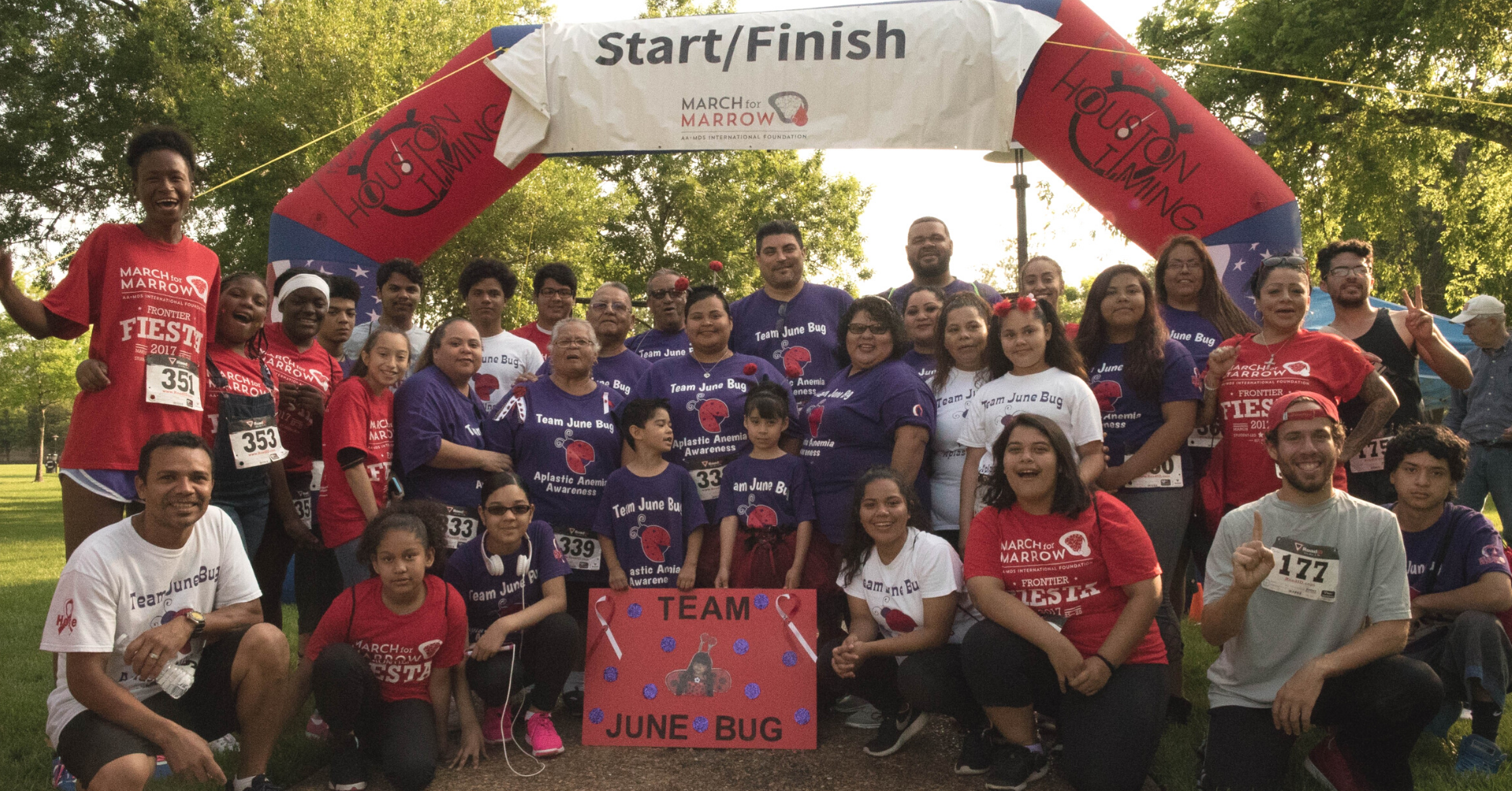What fatigue is (and isn’t)
Most patients who are diagnosed with a bone marrow failure disease say they experience fatigue and one recent study reported that more than 90 percent of patients with MDS experience excessive, ongoing fatigue.
The fatigue experienced by patients is a persistent sense of physical, emotional, and/or cognitive tiredness or exhaustion that is not related to recent activity, and that interferes with the ability to function normally.
There are misconceptions about experiencing fatigue, including:
- It will go away if you just sleep or rest more
- It means you are just depressed
- If you were really tired, you couldn’t do anything
- You are trying to do too much
Doctors don’t know exactly what causes excessive fatigue in patients, but they do have some ideas. Some think that it is caused by the abnormal secretion of substances that impair metabolism or affect normal muscle function. Other causes may include:
- Chemotherapy and other medications and treatments
- Sleep disturbances
- Pain
- Psychological factors such as depression or anxiety
- Poor or insufficient nutrition (nutritional needs can change depending on the disease and current treatments)
- Hormonal imbalances
- Other illnesses such as uncontrolled diabetes
- Decreased physical activity
Unfortunately, fatigue in patients with bone marrow failure diseases and cancer often goes unreported. Why does this happen? Several apprehensions contribute to this, including:
- Hesitancy to report fatigue for fear of not receiving maximum treatment dosages
- Belief that fatigue is an expected symptom that is untreatable and that you should cope with it
- Concern that you will be perceived as a complainer
- Fear that it is a sign of recurrent or advancing disease
8 Tips for managing fatigue
Fatigue is a real condition for patients with bone marrow failure disease and it requires support and help. There are ways to help improve quality of life and reduce fatigue::
- Be proactive. Tell your doctor about your fatigue and request an evaluation.
- Conserve your energy. Set priorities, pace yourself, delegate tasks to others and schedule activities at times of the day when you have the most energy. Keep a fatigue diary so that you can plan around the times or situations that make you feel more or less tired.
- Get the best rest possible: If you are not sleeping well, ask your doctor about sleep therapy. Try to avoid long naps that can leave you feeling groggy in the middle of the day and may make it harder to fall asleep at night.
- Consider starting an exercise program. There is a strong body of research showing that, at least for cancer patients, moderate regular exercise decreases fatigue, emotional distress and sleep disturbances and increases functional quality of life. Never start an exercise program without checking with your doctor first. Be sure to schedule your exercise for when you feel the least tired.
- Manage any coexisting health conditions. Address your whole health picture and talk to your talk about any related problems you might be having.
- Have an exit or backup plan. When you attend an activity or gathering, be sure to have a plan that will allow you to leave easily and quickly if you become too tired.
- Ask your doctor about other appropriate medications. He might suggest certain stimulants, antidepressants or steroids which are helpful in some cases.
- Avoid alcohol and large meals. You’ll feel less tired if you only consume alcohol in very small amounts and avoid sugar and excessive eating . Try to have sensible amounts of protein, fat and fiber at every meal.
It is important to consult with your treating physician before beginning an exercise program, changing your diet, or taking any over-the-counter medications or dietary supplement.

